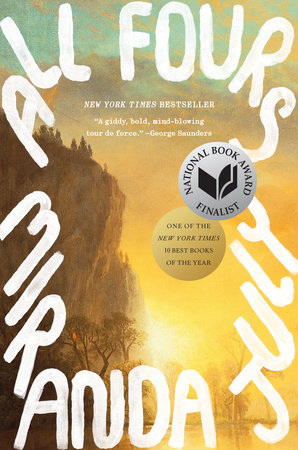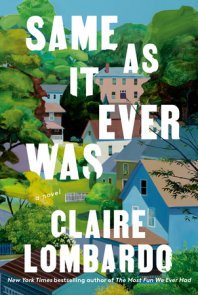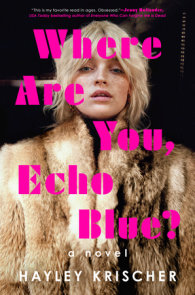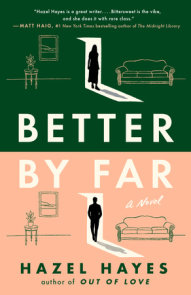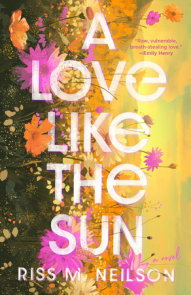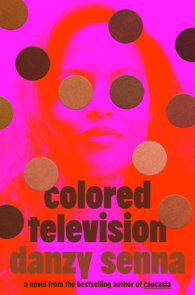READERS GUIDE
1. The first-person narrator of All Fours is a 45-year-old mother and artist, at something of a turning point in her life. When she embarks on a physical trip cross-country, it suddenly turns into a very different kind of journey. What motivates her to change her mind about her travels and what impact does it have on her physically and emotionally? Was that change in plans (and its repercussions) inevitable? How much of what changes in her life and marriage is a result of that initial decision to get off the highway?2. The narrator attempts to honor the multiplicity of her roles as a mother, wife, friend, and artist. Why do you think she chooses to upend her life, despite having the family, or life, she wants? What, if anything, is she seeking in her journey? What is desire to the narrator? How does desire come into play with her other values, including autonomy, non-conformity, and joy?
3. This book tackles the subject of a woman’s experience with perimenopause at age forty-five. What might the book be suggesting about the trope of a midlife crisis? What is the role of humor and irony here? How does the book depart from the usual depictions of one’s experience with aging, particularly when compared to everyday media?
4. There are some moments of surprising behavior, not just from the narrator, but also Davey and his mom, Grandma Esther, Aunt Ruth, and Audra. How are each of these characters distinct from one another? What does the narrator learn as she encounters these individuals and reflects on their impact in her life?
5. The narrator becomes preoccupied with breaking free from the household without giving up her coparenting duties. How is domesticity portrayed? What conflicts (or transformations) do you see the narrator undergoing as she seeks out nontraditional forms of emotional, bodily, and spiritual intimacy?
6. Heartache and obsession can manifest in extreme ways. How does the narrator deal with her complex breakups and strive to resolve these tensions? How do her dreams get shattered and rebuilt? What is the function of the novel’s themes about fantasies, invented fictions, insanity, and reality?
7. The narrator and her husband have a nonbinary child named Sam, who uses the pronouns they/them. How does the book address the ideas of gender, femininity vs. masculinity, and gender neutrality or fluidity? What is the narrator’s relationship with her body, her sense of self, and her own understanding of womanhood?
8. The book unapologetically dives into topics of sex, masturbation, and pleasure. Why might the author choose a radical approach in exploring such topics? How might it complicate, add to, and/or subvert the taboos that exist in our modern, evolving world? How might the book challenge a reader’s initial misconceptions?
9. The narrator experiences flashbacks surrounding the birth of her child due to post-traumatic stress. How does the narrator overcome and/or find solidarity among other parents or women? How does the author interpret the meaning of death and survival? How does she adapt to her own anxieties and insecurities?
10. The novel emphasizes artistic and creative passions, including dance, music, interior design, visual arts, and performance. Compare and contrast these various art forms—how do these mediums overlap, differ, and/or speak to one another throughout the book? Consider the additional layer of the writing of this novel itself as an art form.
11. As the plot advances, how do the characters’ notions of monogamy expand? What are the characters’ views toward the institution of marriage—of partnership, love, honesty, and allyship? What might the title, All Fours, signify, and how do these symbolizations change throughout the book?







